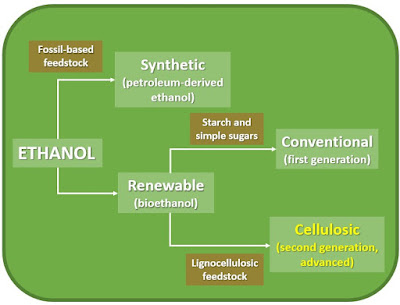GENO BG – Genomatica unveils new biobased route to produce 1,3-butylene glycol
Genomatica
has just unveiled its latest innovation in advanced bioengineering: the GENO BGTM
process (see press
release). It is a biobased technology to make 1,3-butylene glycol (BG). In
this manner, the California-based company joins the specialty chemical space
and expands its portfolio that includes platform chemicals as 1,4-butanediol,
butadiene and polyamide intermediates.
The product
1,3-Butylene glycol, also known as
1,3-butanediol (in fact, it is one of the four stable structural isomers of
butanediol), is a four-carbon organic compound that belongs to the family of secondary
alcohols. It is used as a multifunctional emollient and humectant in skin-care
and haircare formulations and other personal care applications, as solvent in
the fragrance industry and as an additive in the food and beverage industry.
Also, it is a co-monomer in certain polyurethane and polyester resins.
Figure 1. Genomatica has begun to produce
bio-BG in 85,000 liter fermenters at EW Biotech (extracted from the press
release of Genomatica)
A new biobased route
The conventional pathway to obtain BG involves
the catalytic hydrogenation of aldol using Raney nickel. The starting material
is fossil fuel-derived acetaldehyde. Genomatica’s biobased butylene glycol is
made via fermentation from plant-based ingredients. The process generates a
distinctively pure product as compared to chemistry-based process.
It has to be mentioned that Godavari Biorefineries is already manufacturing
1,3-butylene
glycol from biobased resources. However, in its case, the process is based
on acetaldehyde produced from bioethanol.
Current status of the technology
GENO BG process has been developed in stealth
and the advances are being even faster than those of 1,4-butanediol (BDO)
process. In this regard, it is noted that Genomatica’s GENO BDO process
technology is already working at commercial-scale at Novamont’s Mater-Biotech
plant. Genomatica has already produced bio-BG for sampling and has
transferred the process to 85,000 liter production fermenters at EW Biotech in Leuna (Germany).





